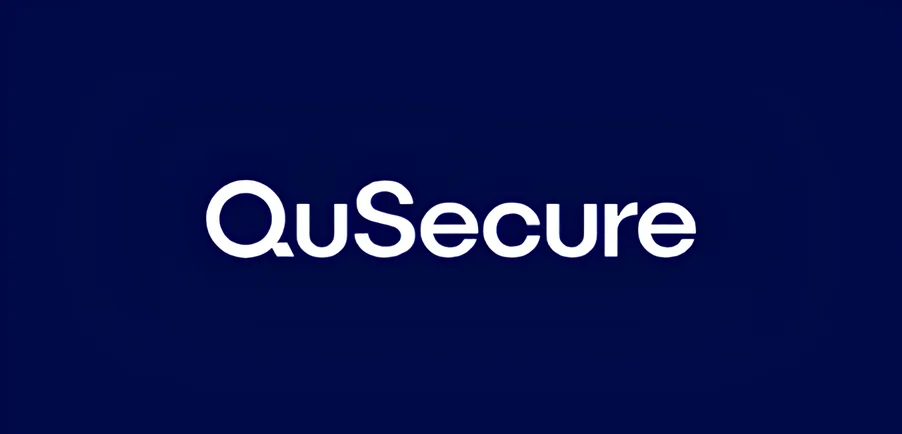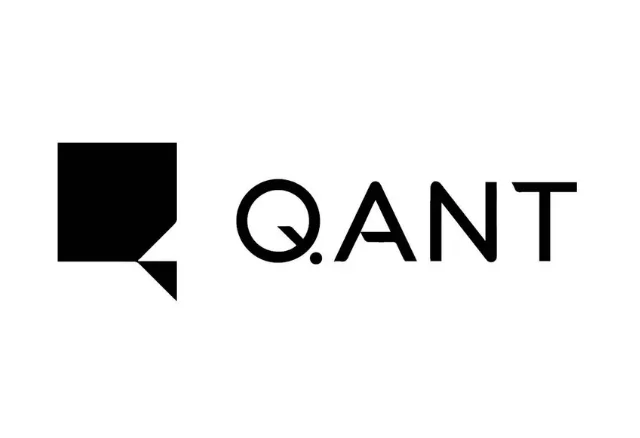Thoughts of The Mundane
For all the things quantum computers promise to be able to do better than classical computers in the future, the area where they will benefit humanity the most is in medicine. Whatever scientists, businessmen or the broader public think, this is where all the real benefits of their power will be seen.
Forget the sexy hard tech dreams of quantum video games on the Playstation 50, space travel to Neptune or teleportation like in Star Trek. The mundane, the unspectacular technology that is really important will come about in the confines of the chemistry lab where protein folding and molecular simulations will be tried and tested using QC tools.
For now, though, we have to think less grandiose about it. Take each day as it comes, use every day as a stepping stone for the next.

L.A Confidential
In California, one company is doing just this. Los Angeles-based QC startup Qulab, founded by its CEO Alireza Shabani in 2017, aims to integrate the technologies of QC with automation to completely revolutionize the R&D in the chemical and pharmaceutical industries.
‘Current methods of drug discovery are reaching their productivity limits. Artificial intelligence and quantum computing will introduce the next leap in pharmaceutical research and development. Quleap is the first step in our mission to transform the pharmaceutical and chemical industries.’
— CEO and founder of Qulab, Alireza Shabani
Shabani, who has a Ph.D. in Electrical Engineering from the University of Southern California, also has experience doing postdoc research at Princeton and UC Berkely, mainly in quantum effects and spectroscopy methods in photosynthetic organisms. Professionally, Shabani was once employed at the Google Quantum Artificial Intelligence Lab. There, he worked on designing quantum processors.

And if that was not enough, Shabani is also a co-author of a book, Quantum Effects in Biology.
With such a loaded resume of professional, as well as academic experience, there is no doubt the good ship Qulab has a great captain navigating it.
To redesign R&D in pharmaceutical and chemical industries by integrating advanced quantum computers computing technology and automation into discovery phase.
— Qulab mission statement
Quleap
So, then, the stage is set. And Shabani, along with his team of highly-skilled, experienced professionals, is adamant small-scale QC will be available in the not-so-distant future. All this is supported on the back of a platform, which the startup calls Quleap. Currently operating on a classical computer, Qulab says the platform requires a quantum computer of between 300 to 1000 qubits to move the project forward in designing drugs and achieving chemical synthesis in pharmaceutical research.
With Google’s claim of quantum supremacy cited at 54 qubits in September, Qulab’s wait for its optimal qubit ratio could be a very long time in coming, though.
In a November 2018 Seed Round, Qulab managed to raise an undisclosed amount. The investors involved were Cota Capital and Plug and Play.
Albert Azout, partner at Cota Capital, had this to say about the investment:
‘This is an exciting time for the pharmaceutical and chemical industries. quantum computers R&D is advancing rapidly and companies need to be planning their roadmaps to quantum-readiness. Qulab and Rigetti’s partnership is a significant step towards building a scalable ecosystem around quantum computing.’
With startups such as Pharmacelera, Riverlane, Toronto-based ProteinQure and London’s GTN accelerating the space in drug discovery using quantum technology, we can be sure this area of the industry can only grow exponentially over the next decade.















